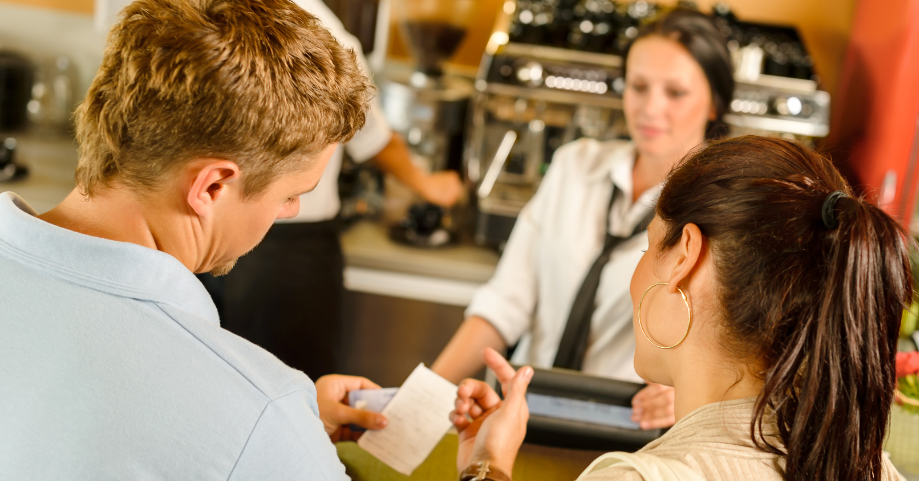The Irish Hotels Federation warns that tourism employment will take a hit if the government scraps the 9% VAT rate.
The lower VAT rate was introduced during Covid lockdowns in 2020, but is due to be restored to 13.5% by February 28th.
Hoteliers say the knock-on rise in prices will cause customers to pull back from spending on tourism and hospitality this year.
Denyse Campbell, IHF President said: “A rate of 13.5% would result in people paying an additional €400m more in taxes each year on everything from the price of a cup of coffee, to the price of a meal out, a stay in a hotel and the cost of a wedding. That’s a 50% increase in consumer taxes for Irish tourism and hospitality products and services during a cost-of-living crisis.
“Such a decision would pose a very worrying risk to our industry, which is Ireland’s largest indigenous employer – and particularly for regions throughout the country that critically depend on tourism to support livelihoods and the local economy.”
Tourism is Ireland’s largest indigenous industry. Pre-Covid, the hotel sector supported 8,000 tourism jobs in Donegal and generated more than €249 million for the local economy.
In a letter to government party leaders, Ms Campbell said: “A major concern for us is the financial pressure consumers are under as a result of persistent levels of high inflation as well as soaring interest rates, with more increases to come. This has a knock-on effect on decisions people make when spending on discretionary items such as holidays and breaks away. Tourism and hospitality is particularly vulnerable and is invariably the first to take the hit.”
She asked: “Why should Ireland, as an island destination, have the 3rd highest tourism VAT rate in all of Europe?”
“Increasing the tourism VAT rate to 13.5% would mean we would become an outlier among our European competitors in terms of consumer taxes on overseas visitors and Irish people holidaying at home,” Ms Campbell said.
“Increasing consumer taxes is the last thing we should be considering during a cost-of-living crisis given the additional inflationary impact it would have domestically while also making us less competitive in attracting overseas visitors. Consumers are already being squeezed with a real risk they will pull back from spending on tourism and hospitality this year.”






